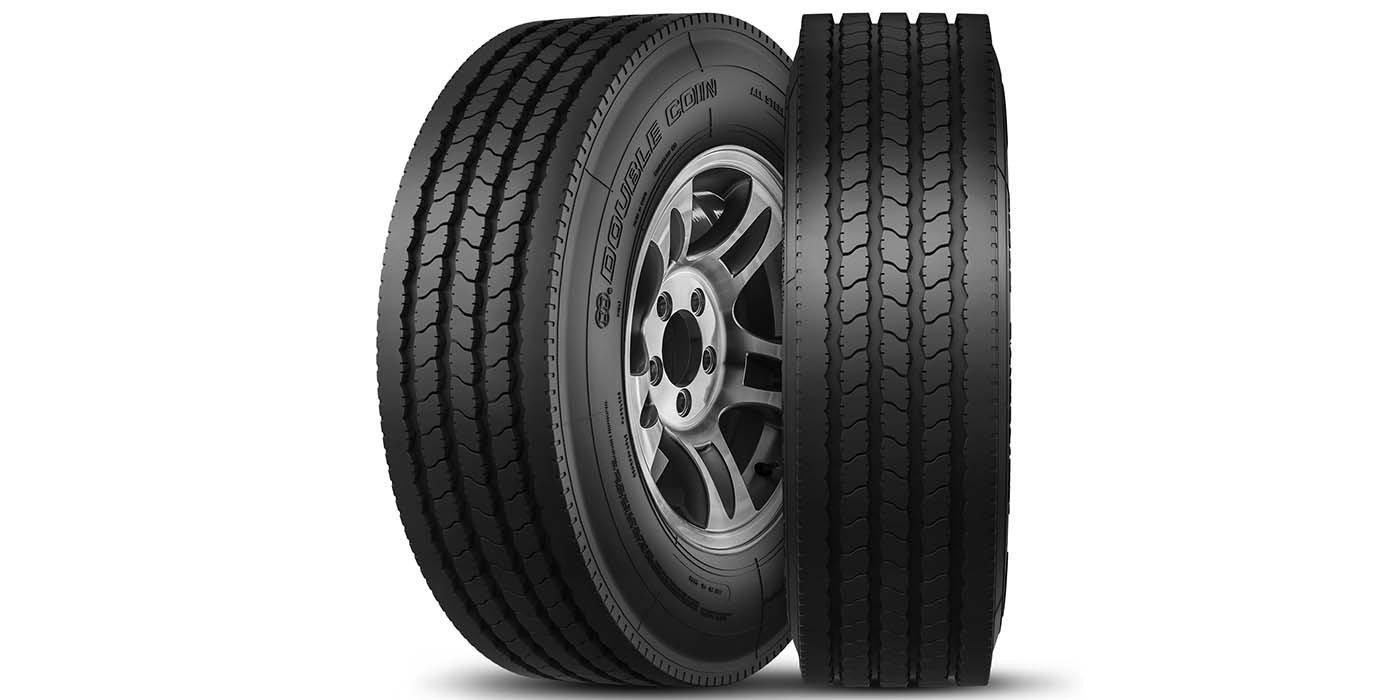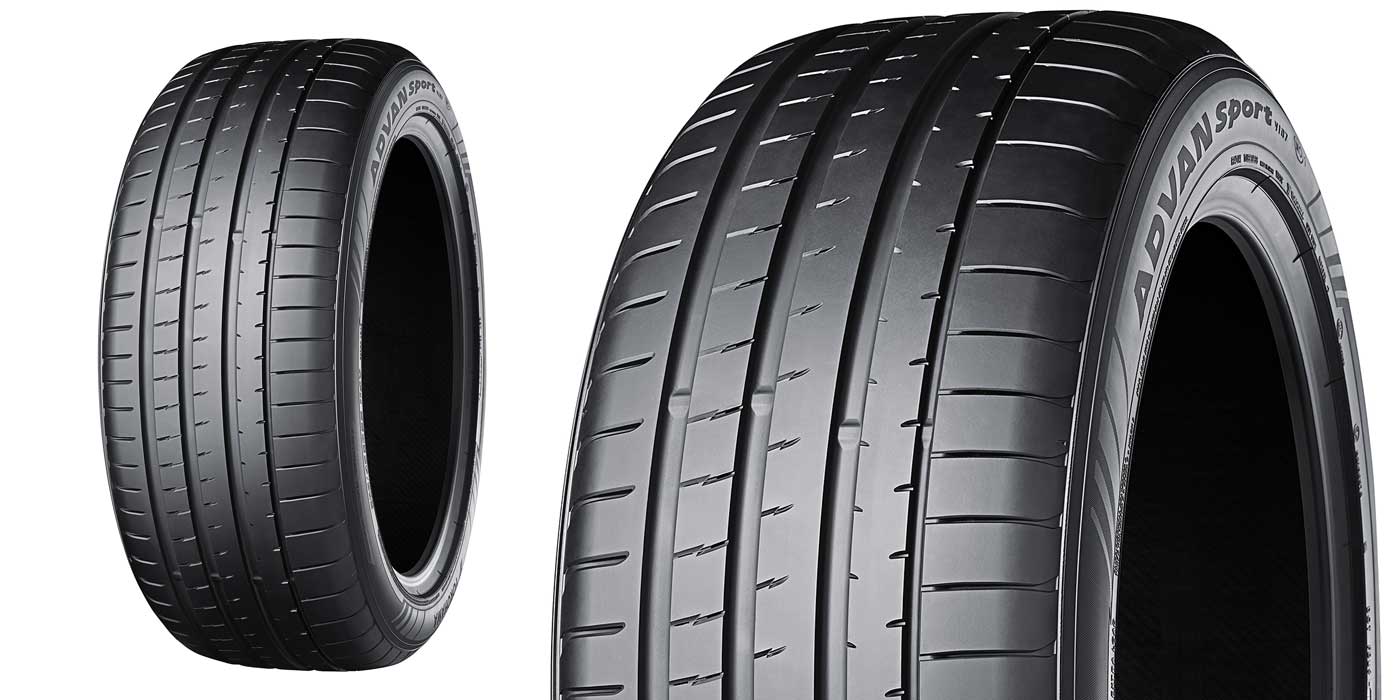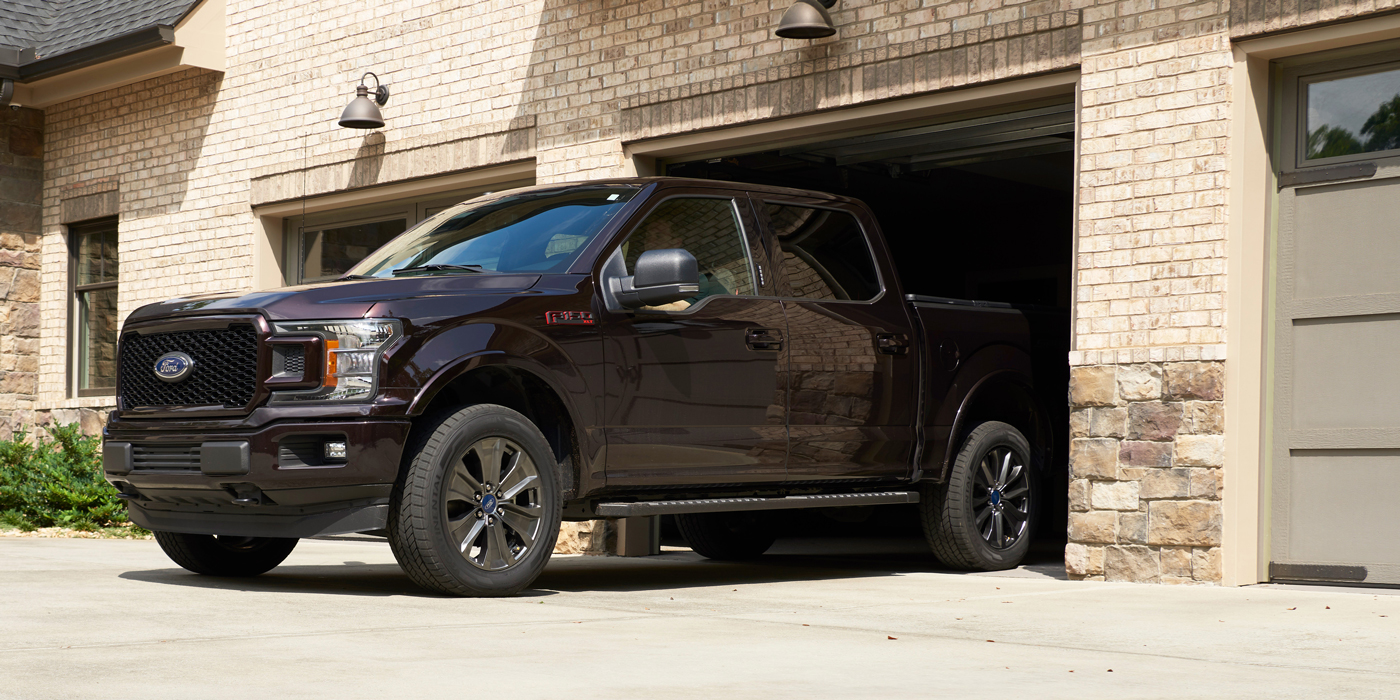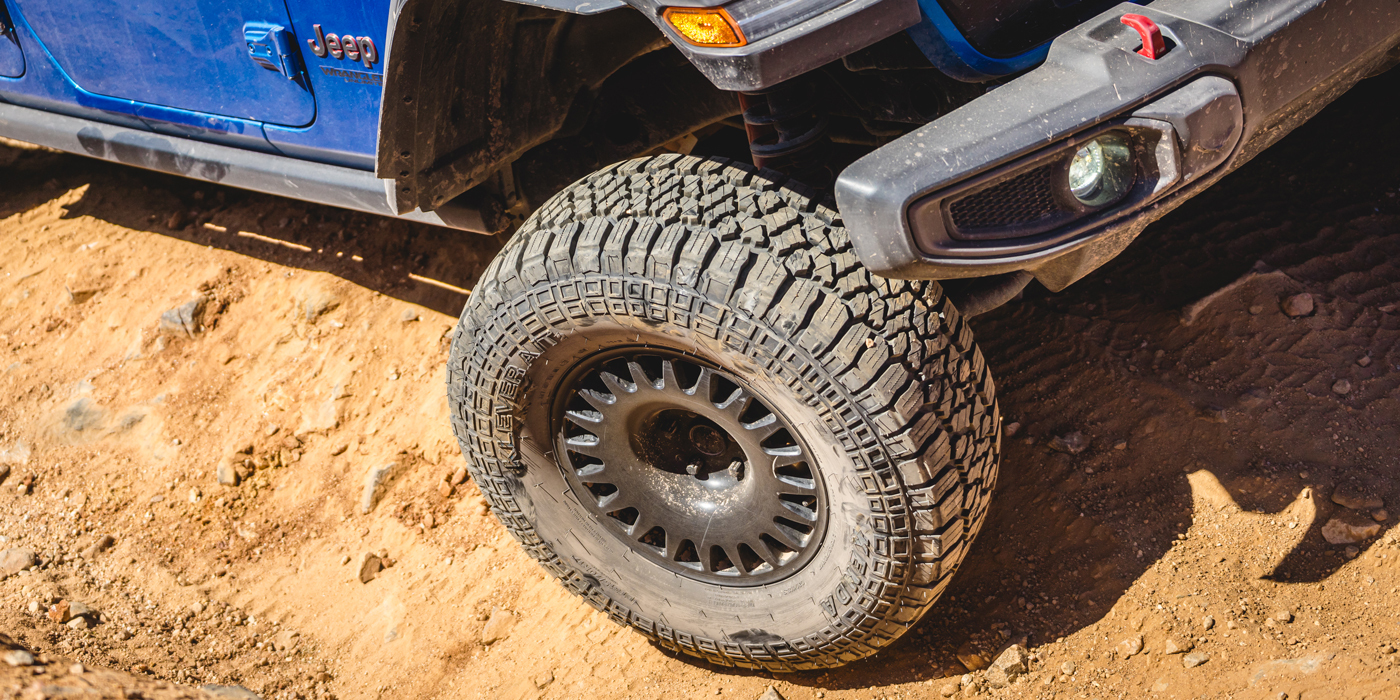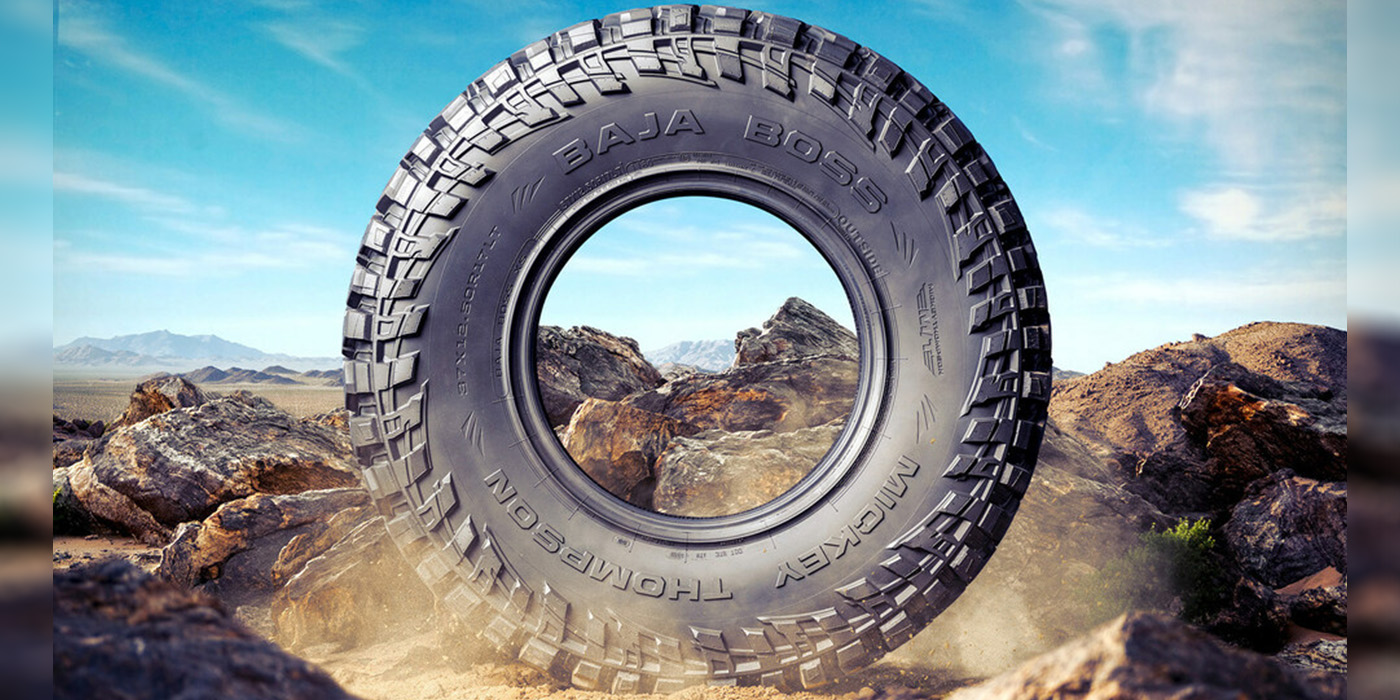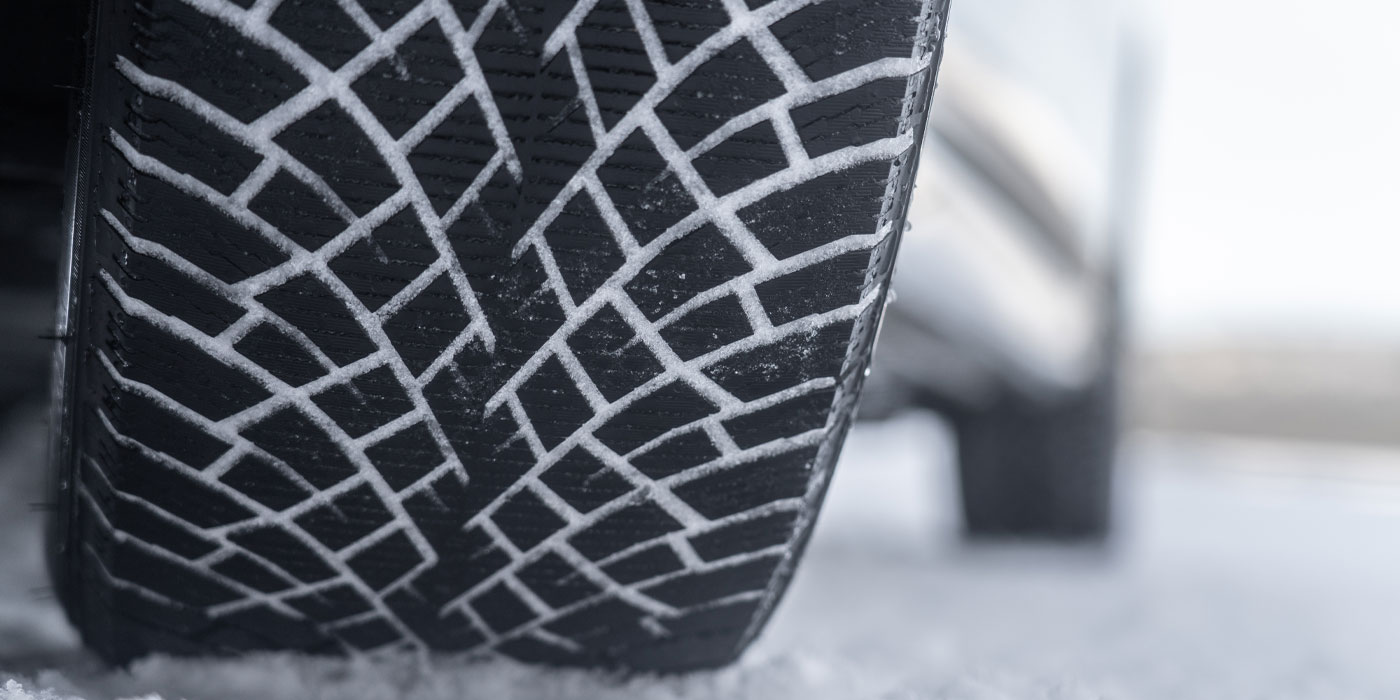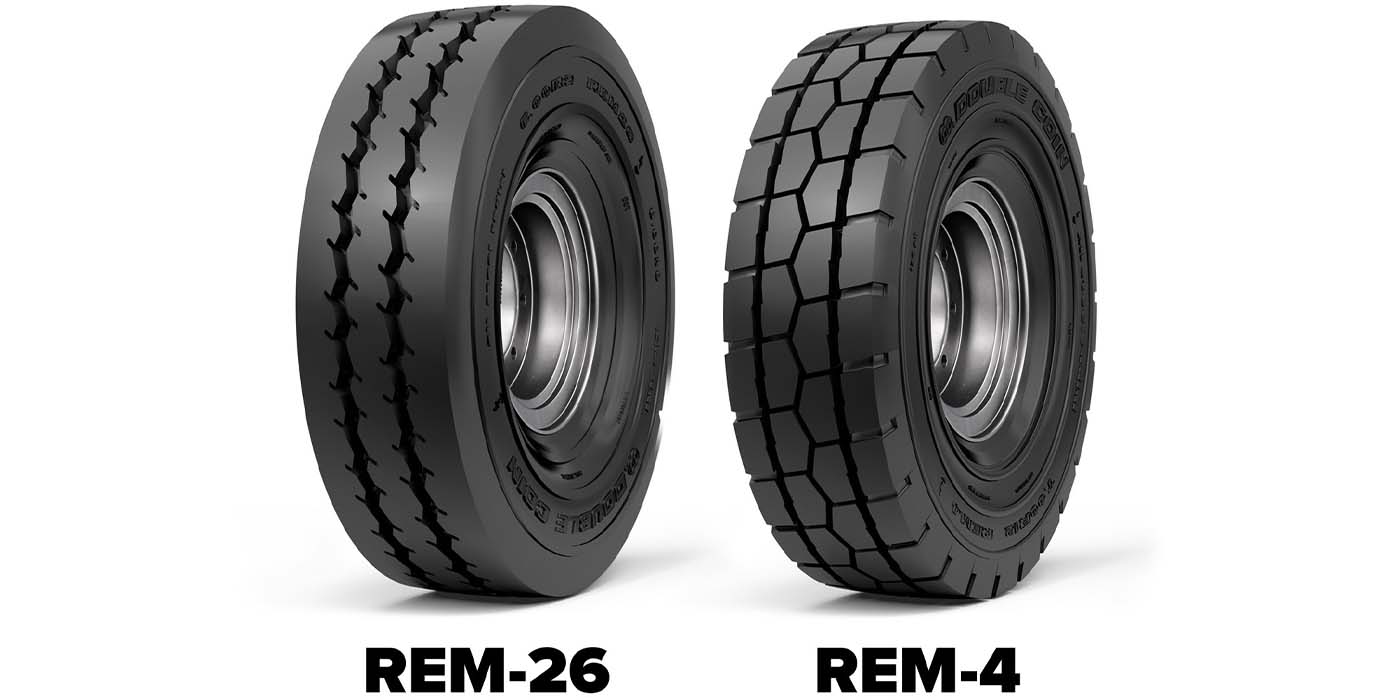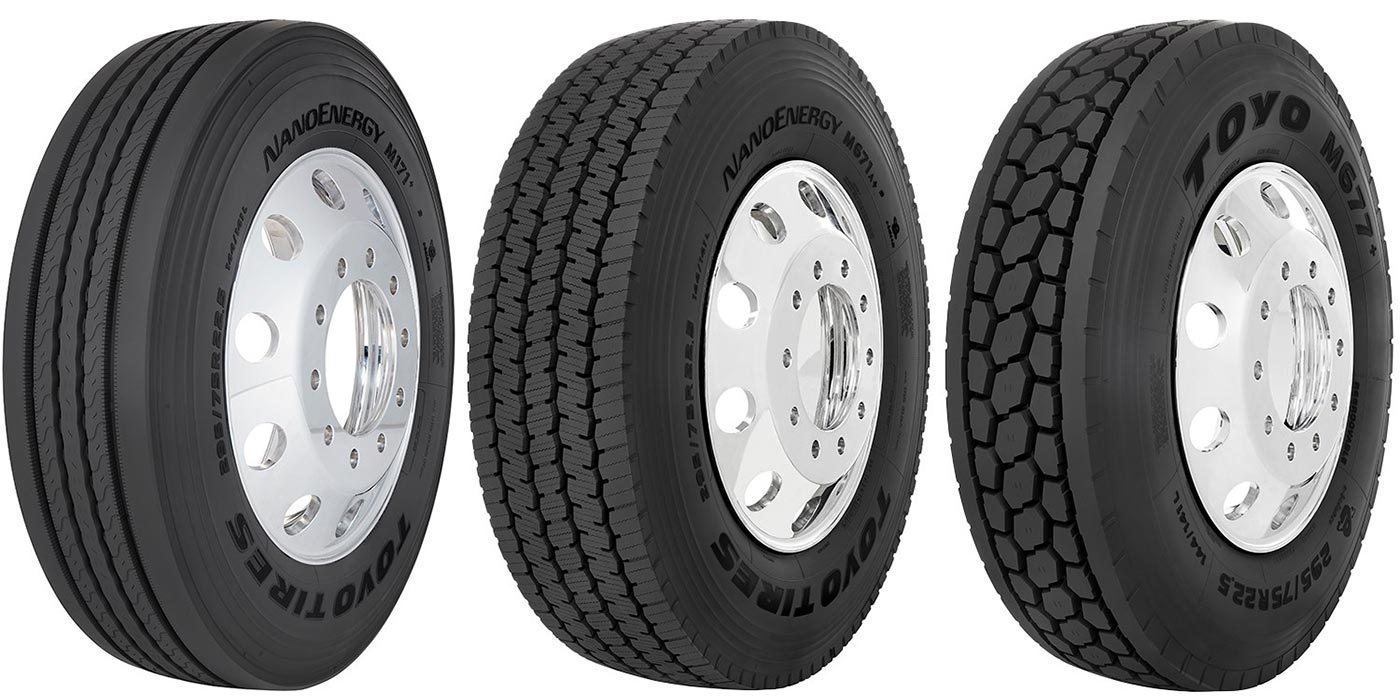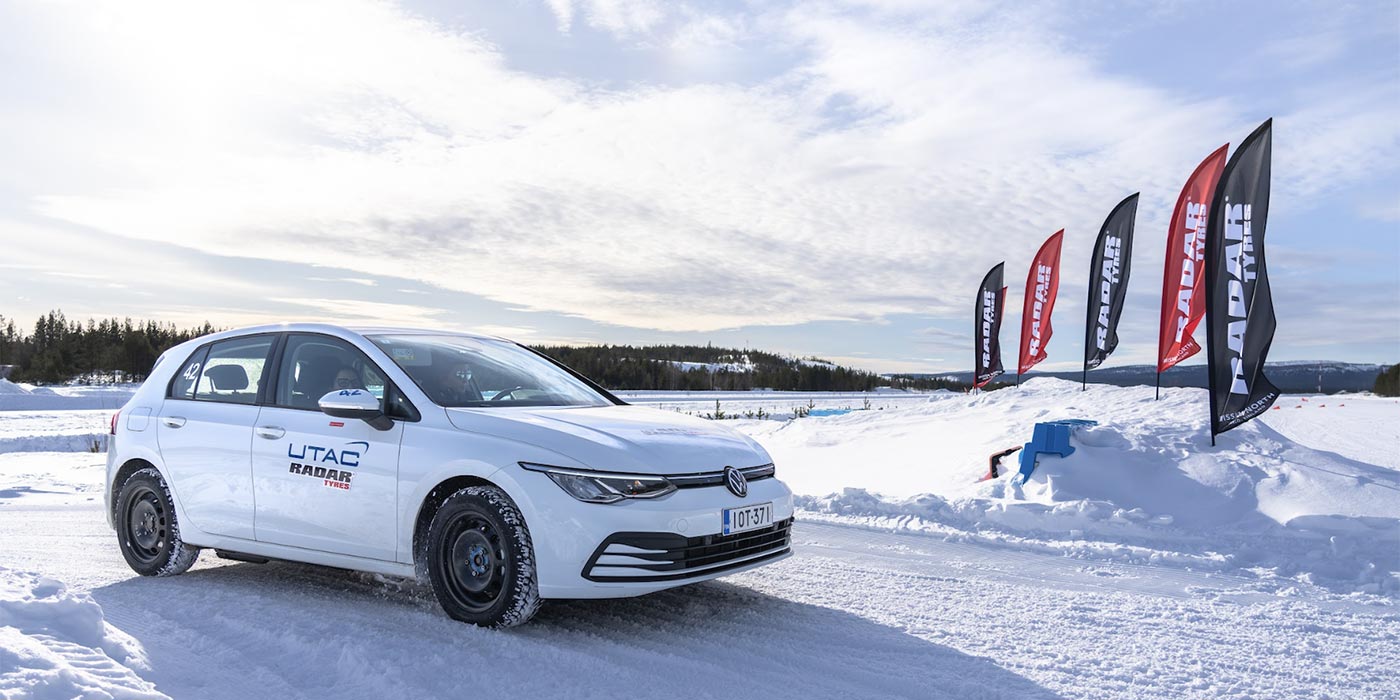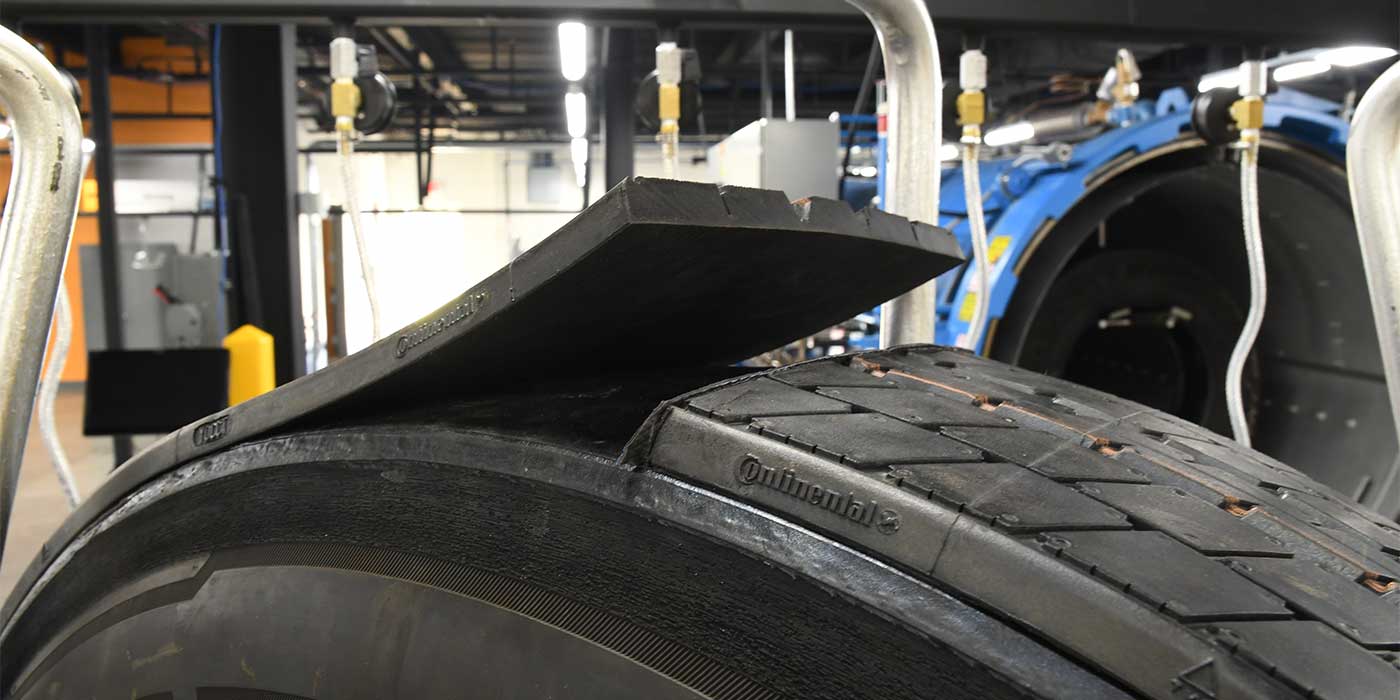What do you do when all around you is chaos – a shrinking market, harsh price-based competition from overseas, lost domestic business and predictions of an early demise?
U.S. private brands have seen this movie before, back when the first Japanese-produced tires hit these shores and again when South Korean tires made their way here. There was some fall out, to be sure, but private brands have been a steady, reliable institution in the tire market since, well, virtually the beginning.
In today’s private brand world, though, change has come. Most of the original private label lines were started by dealer groups looking for differentiation. Now, most of the major private lines are owned by large corporations, some global, that are using their portfolios to expand and maintain retail dealer business.
Financially stronger, these large private branders are in a better position to weather the price/profit storm kicked up by low-priced imports, which have most assuredly chewed into their market position.
Numbers don’t lie, at least not the raw ones. In 2004, the RMA reported, private brands held a solid 22.1% share of the P-metric segment and a 21.8% share of the LT-metric side. Just three years later, their shares of both segments dropped to 17%.
SKU proliferation certainly contributed a fair share to the marketshare decline; many private branders had a hard time justifying the expense needed to keep up with burgeoning OE sizes, especially larger wheel diameters.
A good bit of the decline, though, was due to the loss of any number of private brands, many victims of tire manufacturers purging their available North American capacity. In recent years, Goodyear, Michelin, Bridgestone and Continental – all once active contract producers – trimmed private brand production, freeing capacity for their high margin/high value flag lines. Only Cooper remained active as a domestic resource, forcing private branders to seek offshore partners and capacity options or pack it in.
“The two major reasons for the slide in private brand units, in our view, is because of SKU proliferation and tiremakers losing interest in producing private brands,” says Ken Dick, president and CEO of TBC’s wholesale and private brands division, part of the Sumitomo Rubber Corp.-owned TBC Corp.
“SKU proliferation has made it difficult for lower-volume brands to obtain the molds and source appropriate line offerings and make the required minimum production runs necessary,” he says. “And, tiremakers could not continue with those brands or groups whose only value-add was pricing and weren’t able to provide their own warehousing, redistribution, credit and marketing.”
Dick has kept an eye on the decline in private brand marketshare but is not overly concerned. “It’s difficult to forecast where it will level off, but I feel there will always be demand for quality private label programs for independent tire dealers.”
The exodus from U.S.-based curing lines to overseas options actually began a number of years ago, with private branders like Hercules and Del-Nat securing spots with Chinese tiremakers. Still, hasn’t the sourcing shakeout here hurt private branders’ ability to compete?
“It actually solidifies our position in the marketplace,” Kevin Breen, Hercules’ vice president of private brands, says of his company’s shift to offshore producers. “While others might be looking to shift supply sources, our established manufacturing relationships continue to thrive. We are always exploring new opportunities to source tires, but we have the advantage of strong, established sources to grow our business with.”
TBC’s Dick also sees a silver lining. “When Goodyear eliminated wholesale private brands, it obviously created a sourcing situation for us. We have successfully re-sourced all of our programs, and, in fact, this has helped us update product offerings and buy new molds and placed us in position to continue to be the largest private distributor in the industry. With the industry changes and our new product lines, we have been able to sign new business as an added plus.”
Treadways Corp. still has its stable of private labels in good shape. “We made the move from Goodyear well ahead of its announcement,” says President Lyle Symonds, “so from a production standpoint, we had no interruptions or impact. Now, to get the right offering and be competitive, we have tires sourced in the U.S. , Japan , China , Indonesia and other countries.”
Treadways and TBC are part of the same company now, thanks to Sumitomo’s 2005 purchase of TBC. When it comes to the private brand business, though, TBC and Treadways remain separate operations.
How do private branders view low-priced imports? With some caution.
“We have recognized the merit of sourcing product from China , but we have chosen our partners carefully,” says Symonds. “Quality, product liability coverage and reliable supply chain are major considerations for us. Given the right partners, product acceptance for us at the dealer channel has been fine.”
“The influx of Chinese-branded tires has had a marginal impact on Hercules,” Breen says. “We continue to sharpen our pencils and remain competitive in our product offerings, and we have seen upward momentum in our domestically and offshore-produced products.”
“Chinese tire production has increased, and many new brands are entering the market,” TBC’s Dick says. “From what I read, tire production in China was up over 25% in 2005. But, consistency of supply, product quality and sufficient product liability insurance coverage for many of the Chinese manufacturers selling direct in the U.S. continue to be issues.”
At the same time, partnerships with Chinese producers have helped North American private branders, sometimes in less obvious areas.
“ China has allowed TBC to offer a complete, quality medium truck tire program to our customers, which we were unable to source previously,” says Dick. “This has really helped our business.”
Treadways’ Symonds concurs. “Our Chinese medium truck radial program has allowed us to compete in a tier that we wouldn’t be able to service otherwise.”
Hercules, too, has seen benefits. “Business is strong for Hercules in this segment, and we see positive growth in the future,” says Breen.
None of these companies has given up on the private brand business. Far from it. Still, remaining viable in this market remains a challenge and requires vigilance. “We study the market and adjust our programs and pricing accordingly,” says Breen of Hercules’ efforts. “We are solidifying our brand offering and expanding products to provide the broadest choices possible.”
“TBC Wholesale, in my view, will continue to grow and continue to offer our current portfolio of eight private labels,” says Dick. “We feel there will always be a market for a full-line, legitimate, value-added private label distributor, and our objective is to provide complete SKU offerings, not only in passenger and light truck, but also a complete line of commercial, specialty, OTR, farm, ATV and industrial tires, as well as tubes, wheels, equipment and niche products.”
“As part of TBC Wholesale, we now offer a complete product screen from top to bottom for our customers,” says Symonds. “This is very important. Our collective ability at TBC to source product is unparalleled. There will be further consolidation in the market, but it will be outside TBC.”
In the face of so many changes and shifts, what does that future hold?
“Global sourcing is reshaping our business,” Dick sums up, “and our future success will only be limited by our ability to listen to customers, read the market and provide products, quality and service to meet our customers’ needs.”
Today, as offshore lines from China, India, Southeast Asia (and, perhaps soon, from Eastern Europe) have become profitable options for dealers seeking price-point lines, North American private branders have their work cut out for them. If they can continue to manage customer needs, market demands and reliable manufacturing, growing in 2008 and beyond should not be difficult.

